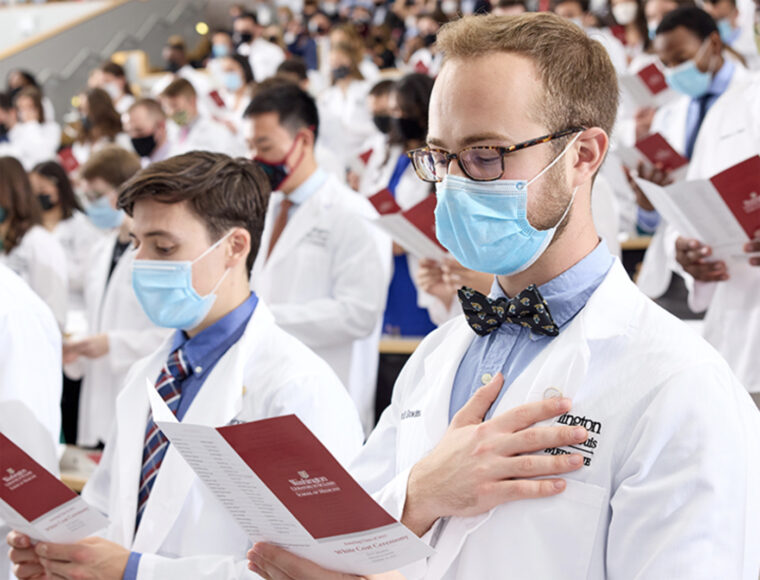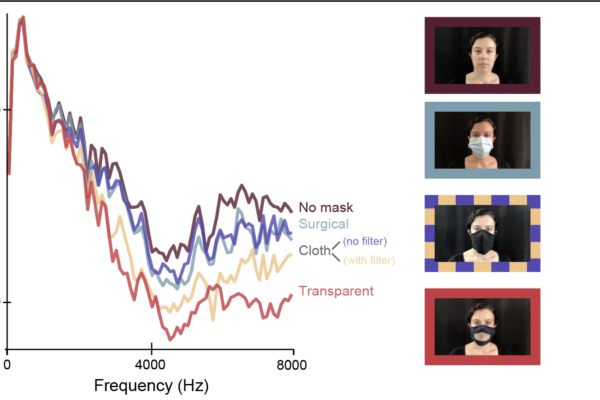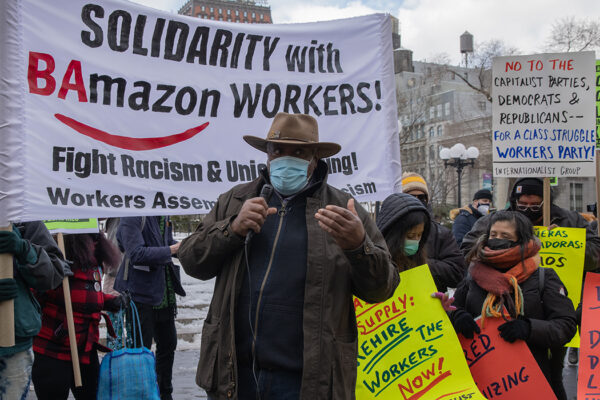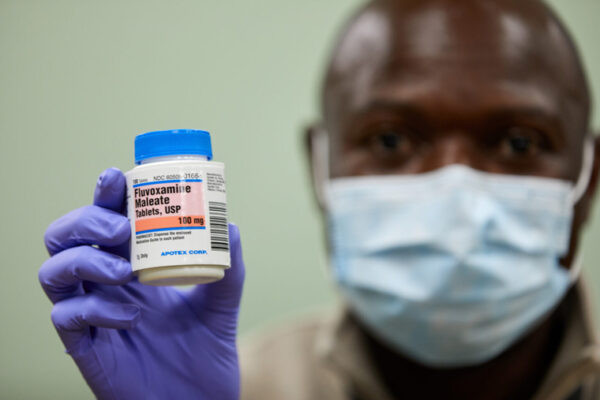As part of its ongoing effort to limit the spread of COVID-19, Washington University in St. Louis is now providing ASTM-rated disposable isolation masks at dozens of locations across the Danforth Campus. More than 130 dispensers are being installed across the campus. In addition, masks are available on shuttles and in dining halls.
The School of Medicine, which already provides students and staff with disposable isolation masks, will be adding more locations where students and staff may pick up a mask. Departments on the West and North campuses may order masks as well.
Here, Steven Lawrence, MD, professor of medicine and an infectious disease specialist at the School of Medicine, explains how proper masking, along with vaccines and daily self-screening for COVID-19 symptoms, help to protect the Washington University community. To learn more about the university’s COVID response, visit covid19.wustl.edu.
What are the Centers for Disease Control and Prevention (CDC)’s latest recommendations on masking, and how is the university responding?
The CDC now recommends that people wear the best mask available to them and that they feel comfortable wearing. In response, the university now recommends people upgrade to isolation masks, also known as surgical masks or medical procedure masks, which have been shown to be more effective than cloth masks at blocking particles and aerosols from either coming in or going out. To make the transition easy, we are providing free isolation masks across the university for anyone who wants one.
Are cloth masks not effective?
Cloth masks are effective. There are two ways to assess how well masks work. One way is in a laboratory. The other way is to compare the infection rates among populations using different types of masks. And over the past 20 months, through extensive contract tracing, we have not seen any instances among students or employees where our current masking policies have failed. When people are wearing masks like they are supposed to, we have not seen clusters of transmission occurring. That said, we have more confidence that isolation masks will work more consistently than cloth masks, which have a lot of variability depending on their layers and fit.
In the end, the university decided to recommend using a more effective mask in response to the fact that the omicron variant is more contagious and the theoretical concern that there could be failures in masking that we didn’t see before.
Why not recommend N95 masks?
We do not think it is necessary to recommend N95s. If people want to get a little bit of extra protection, they can certainly wear one. But N95s can be uncomfortable and difficult to use. It’s more important that people choose a mask that they can wear comfortably and properly.
What is the right way to maintain a mask? And how often should it be replaced?
You should not use a mask if it’s wet, dirty or there’s a loss of integrity. For instance, if there is a hole or a broken strap. Generally, in a hospital setting, isolation masks are single use. However, for everyday use on campus, that’s a little impractical and, quite frankly, wasteful. A student who is wearing a mask in and out of buildings all day may want to replace their mask daily, while an employee who is only wearing their mask from the garage to their closed office could potentially wear their mask for up to a week so long as it remains clean. Remember to store your mask where it won’t get wet, dirty or broken. Some recommend keeping masks in paper bags to protect them from dirt, but avoid a plastic bag, where there could be humidity.
Two years into this crisis, some people still doubt the value of masks and masking policies. How do you respond to such misinformation?
It is exactly that — misinformation. People can object to being told what to do, but even people who are anti-mask have not been able to gain much traction arguing masks lack effectiveness because all of the data confirm that they make a significant impact on reducing transmission.



